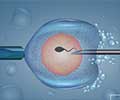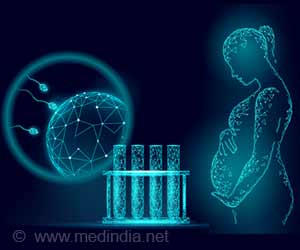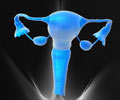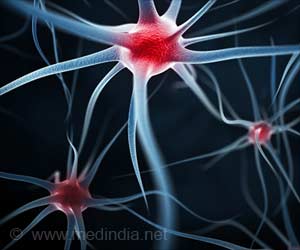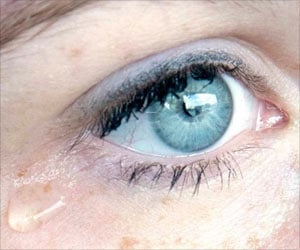Fresh embryo transfer may lead to higher success rates and better outcomes than frozen embryos for women with low IVF prognosis.
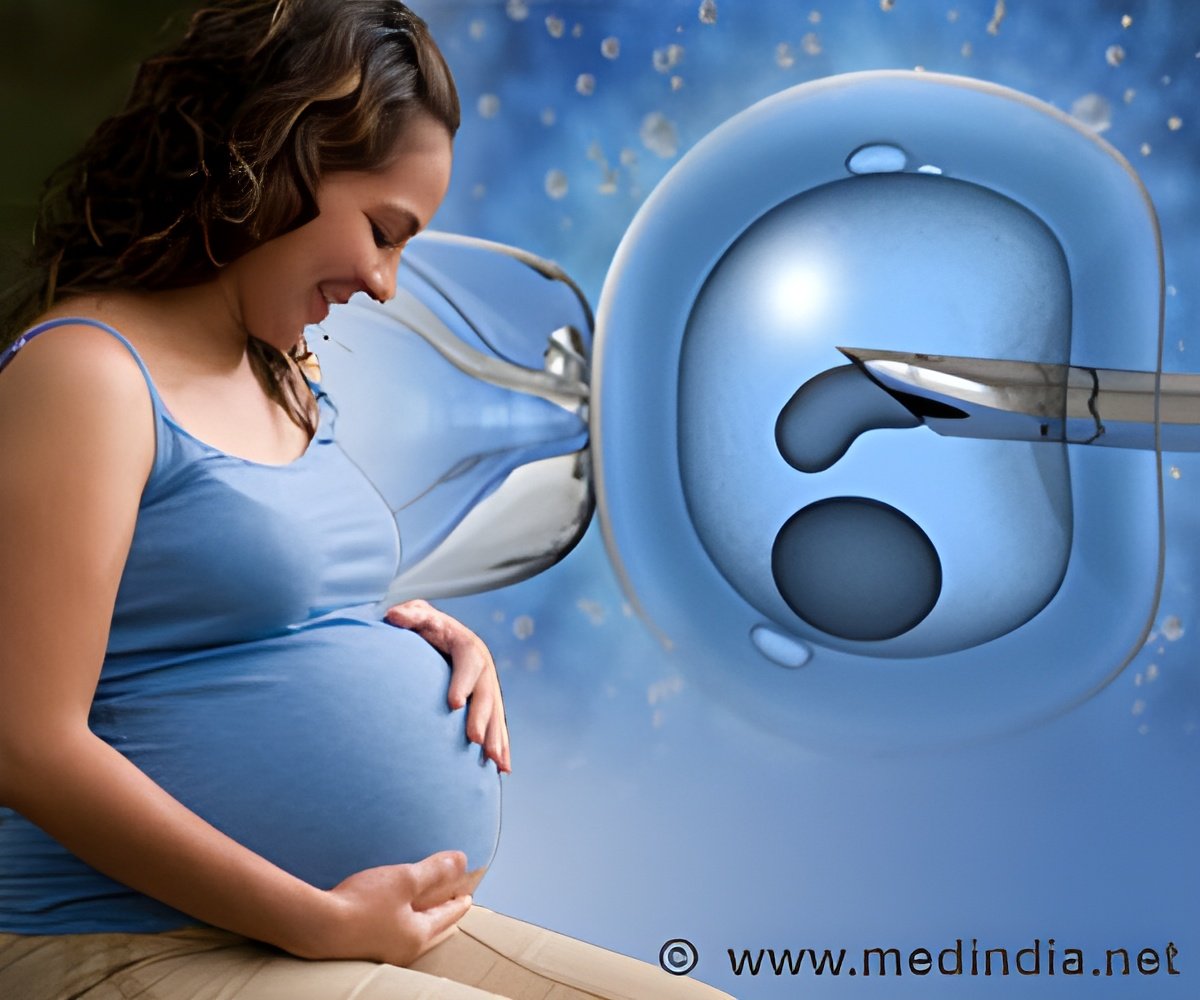
A study published in The BMJ suggests that fresh embryo transfers may be more effective than using frozen embryos for women facing fertility challenges through IVF (1✔ ✔Trusted Source
Frozen versus fresh embryo transfer in women with low prognosis for in vitro fertilisation treatment: pragmatic, multicentre, randomised controlled trial
Go to source).
‘Did You Know?
IVF has contributed to a significant increase in the number of twins and triplets being born. #medindia #ivf #pregnancy’





IVF has contributed to a significant increase in the number of twins and triplets being born. #medindia #ivf #pregnancy’
Advertisement
Fresh Embryo Transfers Show Higher Success Rates
The research revealed that 40% of women who underwent fresh embryo transfers had a live birth, compared to 32% in the frozen embryo group.The study also found that the frozen embryo group had a lower pregnancy rate, with 39% compared to 47% for those using fresh embryos.
The researchers concluded that these results challenge the common practice of freezing all viable embryos before transfer for women with lower chances of IVF success.
Advertisement
A Promising Alternative for Low Prognosis IVF Cases
The research team, led by Professor Daimin Wei from Shandong University’s State Key Laboratory of Reproductive Medicine and Offspring Health in Jinan, China, stated that “fresh embryo transfer may be a better choice for women with low prognosis in terms of live birth rate compared with a freeze-all strategy.”Women with low odds of conception through IVF may face challenges due to factors like advanced age or poor egg quantity and quality. The study highlights the growing number of women undergoing IVF with low prognosis, yet there is a lack of effective measures to enhance their chances of a live birth.
While frozen embryos have been shown to improve live birth rates in women with a good IVF prognosis, evidence on the best approach for women with a low prognosis has been limited, the researchers noted.
Advertisement
IVF Outcomes in Women Aged 33-34 with Low Prognosis
In the study, researchers compared the outcomes of fresh versus frozen embryo transfers in 838 women aged 33 to 34 with a low prognosis for IVF success. These women were treated at nine fertility centers in China between December 2021 and May 2023, and were randomly assigned to either the fresh or frozen embryo transfer groups. Their live birth rates were tracked until April 2024.The study found that pregnancy loss occurred in 31% of women in the frozen group, compared to 23% in the fresh group. Additionally, around 5% of women in the frozen group gave birth to live twins, while 9% of those in the fresh group had twin births.
No Significant Differences in Newborn Health Outcomes
The researchers noted that there were no significant differences in birth weight, obstetric complications, or illness risks in newborns between the fresh and frozen embryo groups.They also emphasized that further studies are necessary to determine the optimal number and stage of embryos for fresh transfer in women with a low IVF prognosis to achieve a singleton pregnancy.
In an accompanying editorial, outside experts expressed concerns about potential biases that could have influenced the outcomes. Co-written by Simone Cornelisse from Radboud University in the Netherlands, the editorial highlighted the risks associated with freezing and thawing embryos, noting that damage could occur during cryopreservation, storage, or thawing. These steps also add substantial financial costs and treatment delays, which might be undesirable for some patients.
Reference:
- Frozen versus fresh embryo transfer in women with low prognosis for in vitro fertilisation treatment: pragmatic, multicentre, randomised controlled trial - (https://www.bmj.com/content/388/bmj-2024-081474)
Source-Eurekalert

